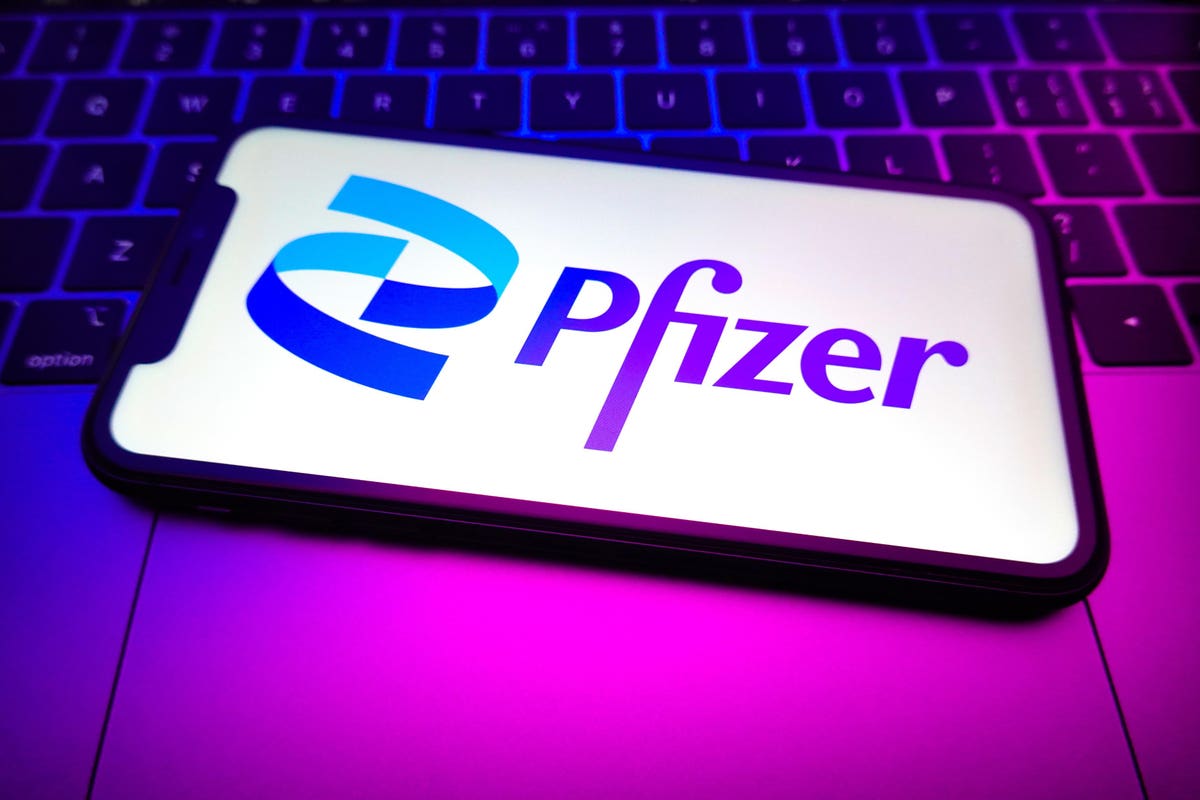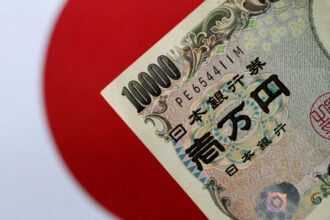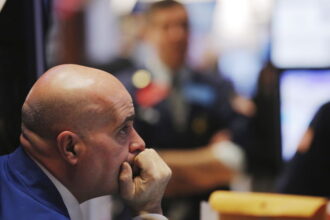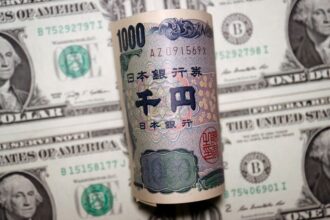Pfizer stock (NYSE: PFE) currently trades at $37 per share, aligning with the level seen in March 2021, and it can see higher levels over time. PFE stock was trading at around $52 in early June 2022, just before the Fed started increasing rates, and is now 30% below that level, compared to 15% gains for the S&P 500 during this period. This underperformance of Pfizer
PFE
Returning to the pre-inflation shock level of over $60 means that PFE stock will have to gain more than 65% from here, and we don’t think this will materialize anytime soon. That said, there is upside potential from its current levels. We estimate Pfizer’s valuation to be around $49 per share, implying over 30% gains. This is because the company expects 2023 to be the low point and sales of Covid-19 products to rise from 2024. Pfizer’s other products, including Eliquis (alliance revenue), Vyndaqel, and Prevnar, will likely see steady sales growth with market share gains. In fact, non-Covid operational sales growth is expected to be 6%-8% in 2023.
We also acknowledge that PFE stock has had a Sharpe Ratio of 0.1 since early 2017, which is lower than 0.6 for the S&P 500 Index over the same period. This compares with the Sharpe of 1.3 for the Trefis Reinforced Value portfolio. Sharpe is a measure of return per unit of risk, and high-performance portfolios can provide the best of both worlds.
Our detailed analysis of Pfizer’s upside post-inflation shock captures trends in the company’s stock during the turbulent market conditions seen over 2022. It compares these trends to the stock’s performance during the 2008 recession.
2022 Inflation Shock
Timeline of Inflation Shock So Far:
- 2020 – early 2021: Increase in money supply to cushion the impact of lockdowns led to high demand for goods; producers unable to match up.
- Early 2021: Shipping snarls and worker shortages from the coronavirus pandemic continue to hurt supply.
- April 2021: Inflation rates cross 4% and increase rapidly.
- Early 2022: Energy and food prices spike due to the Russian invasion of Ukraine. Fed begins its rate hike process.
- June 2022: Inflation levels peak at 9% – the highest level in 40 years. S&P 500 index declines more than 20% from peak levels.
- July – September 2022: Fed hikes interest rates aggressively – resulting in an initial recovery in the S&P 500 followed by another sharp decline.
- Since October 2022: Fed continues rate hike process; improving market sentiments help S&P500 recoup some of its losses.
In contrast, here’s how PFE stock and the broader market performed during the 2007/2008 crisis.
Timeline of 2007-08 Crisis
- 10/1/2007: Approximate pre-crisis peak in S&P 500 index
- 9/1/2008 – 10/1/2008: Accelerated market decline corresponding to Lehman bankruptcy filing (9/15/08)
- 3/1/2009: Approximate bottoming out of S&P 500 index
- 12/31/2009: Initial recovery to levels before accelerated decline (around 9/1/2008)
Pfizer and S&P 500 Performance During 2007-08 Crisis
PFE stock declined from nearly $25 in September 2007 (pre-crisis peak) to $12 in March 2009 (as the markets bottomed out), implying it lost 50% of its pre-crisis value. It recovered post the 2008 crisis to levels of around $18 in early 2010, rising about 48% between March 2009 and January 2010. The S&P 500 Index saw a decline of 51%, falling from levels of 1,540 in September 2007 to 757 in March 2009. It then rallied 48% between March 2009 and January 2010 to reach levels of 1,124.
Pfizer Fundamentals Over Recent Years
Pfizer’s revenue rose from $41 billion in 2019 to 100 billion in 2022, as the Covid-19 outbreak resulted in widespread demand for its vaccine and antiviral treatment. But this trend has reversed, with Pfizer expecting its 2023 sales to fall between $67 and $70 billion, reflecting a 32% y-o-y at the mid-point of its range. The company’s operating margin has fluctuated widely in recent years and stood at 35% in 2022. Our Pfizer Operating Income Comparison dashboard has more details. Its earnings stood at $5.59 on a per share and adjusted basis in 2022, compared to the $2.88 figure in 2019. Pfizer expects its adjusted earnings per share to be between $3.25 and $3.45 in 2023.
Does Pfizer Have A Sufficient Cash Cushion To Meet Its Obligations Through The Ongoing Inflation Shock?
Pfizer’s total debt decreased from $52 billion in 2019 to $36 billion in 2022, while its cash decreased from around $1.1 billion to $0.4 billion over the same period. However, Pfizer’s short and long-term investments combined rose from $29 billion to $37 billion over this period. The company also garnered $29 billion in cash flows from operations in 2023. Pfizer has a solid cash cushion and is in an excellent position to meet its near-term obligations.
Conclusion
With the Fed’s efforts to tame runaway inflation rates helping market sentiments, we believe Pfizer stock has the potential for solid gains once fears of a potential recession are allayed. That said, 2023 is expected to be a slump year for the company, and any risk to its non-Covid products sales growth could be a risk factor to realizing these gains, especially with the U.S. government focused on reducing drug prices. The potential targets for price negotiation include popular drugs by large pharmaceutical companies, including Merck, Johnson & Johnson, Eli Lilly, and Bristol Myers Squibb
BMY
While PFE stock may have some room for growth, it is helpful to see how Pfizer’s Peers fare on metrics that matter. You will find other valuable comparisons for companies across industries at Peer Comparisons.
Invest with Trefis Market Beating Portfolios
See all Trefis Price Estimates
Read the full article here










